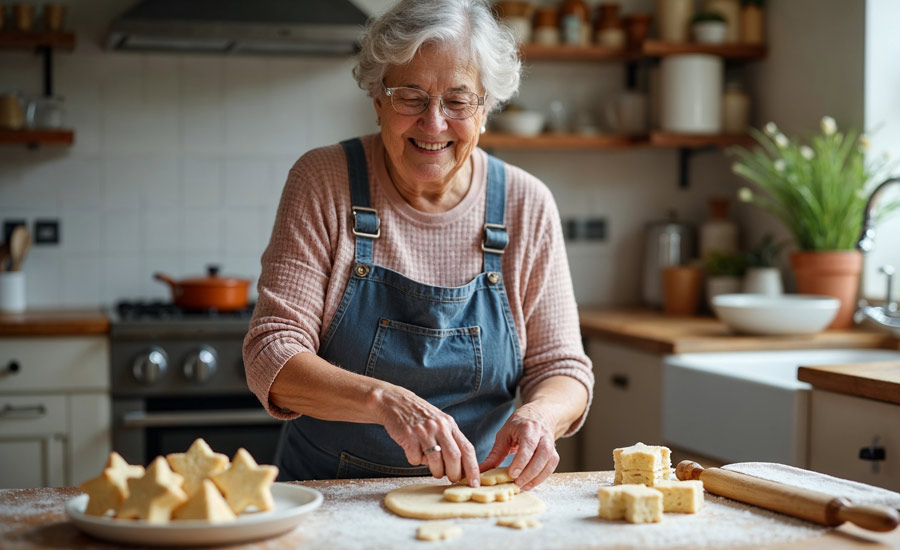How to Help Your Loved One Maintain Independence in a Care Home

When someone you care about moves into a care home, there’s often a big question hanging in the air ‘Will they still be able to live life on their terms?’
It’s a genuine worry. Nobody wants to feel like their independence is slipping away just because they need a bit more support.
According to the CQC, care homes must be skilled at encouraging independence and family has a part to play in that too. There are simple, thoughtful ways to support your loved one without taking over.
Keep reading as we discuss more about how care homes help people stay independent and what you can do to make sure that continues.
How do Care Homes Support Residents’ Independence?
Care homes support independence by encouraging residents to stay involved in daily decisions, such as choosing meals, activities or routines, while offering just the right amount of help where needed. They create personalised care plans and promote mobility and self-care, giving residents the space to do what they can on their own, at their own pace.
Independence looks different in a care home, but it still matters just as much.
It’s really about keeping a sense of agency. Still being able to make choices when possible, even if some things now need support. That could mean your loved one deciding what to wear, how to spend their afternoon, decorating their space or being involved in conversations about their care instead of being left out of them.
For many older people, it’s also about having space to do things at their own pace – without being rushed or made to feel like they’re just part of a system.
Sometimes independence is physical, like being able to walk unaided or manage personal care with a bit of help. Other times, it’s about having their preferences respected and voices heard.
It’s easy to assume that moving into a care home means handing over control. But in a well-run home, the goal is the opposite – helping people hold onto as much control as possible in ways that are realistic and meaningful to them.
How Care Homes Promote Independence
Something you should be aware of is that skilled carers shouldn’t do everything for residents. Instead, they should encourage them to keep doing things for themselves, wherever possible.
Here’s how that happens in practice:
They don’t assume – they ask
Care starts with a conversation. Staff get to know the resident, not just their medical needs, but how they like to spend their day, what they want help with and what they’d rather do on their own. That input shapes their care plan from the beginning and it’s regularly updated as things change.
Small choices are protected
What time someone gets up? What they eat? Would they rather join in with bingo or read a book in their room? These might sound like small things, but they matter. Having choice – even in everyday routines – allows residents to feel more in control and more like themselves, promoting well-being and good mental health.
Help is there but doesn’t get in the way
If someone can wash and dress with a little bit of prompting or the right equipment, staff make that possible rather than taking over. It’s a balance: enough to feel safe and supported, but not so much that independence slips away.
Spaces are built for independence
Homes that prioritise clear signage, handrails, easy-access bathrooms and open communal areas all help residents move around more confidently without relying on others. When someone can get from their room to the garden or dining room on their own, that’s a small win that builds confidence.
There’s room for hobbies and interests
Homes that support independence by offering a mix of activities and give residents a say in what’s on offer. Some residents want structured group sessions, while others prefer time to potter in the garden or paint quietly. What matters is that older adults are encouraged to keep doing the things they enjoy, not forced to do things they dislike.
They support social connection, not just care
Staying independent is also about staying socially and emotionally connected. Care homes create spaces for friendships, conversations and regular contact with family and the outside world because when residents feel involved and included, they’re more likely to stay confident and capable.
It Doesn’t Stop Here
So, as you can see, independence doesn’t have to stop when moving into a care home. In fact, with the right support, it can grow. It just looks a little different now with a mix of choice, encouragement and knowing when to step back.
It’s a partnership. And that includes family, the care team and most importantly, your loved one themselves.
Ready to explore...
